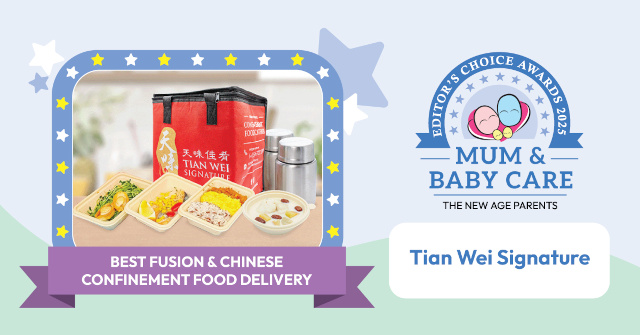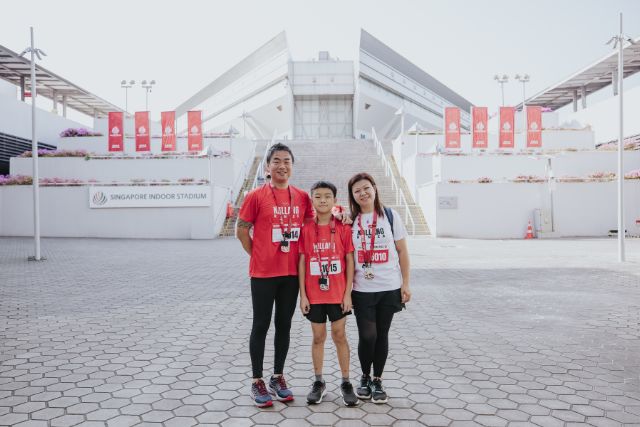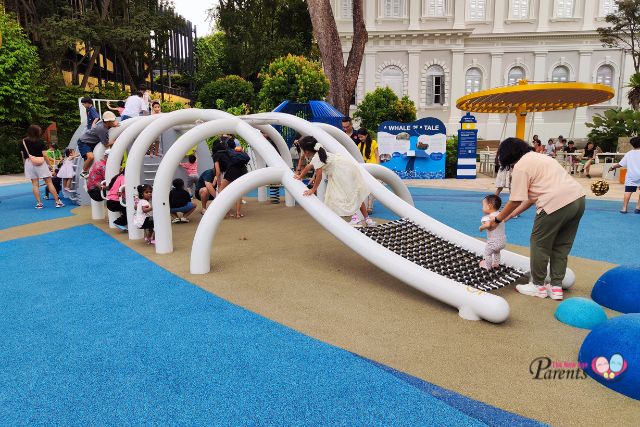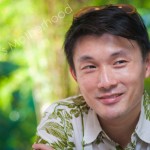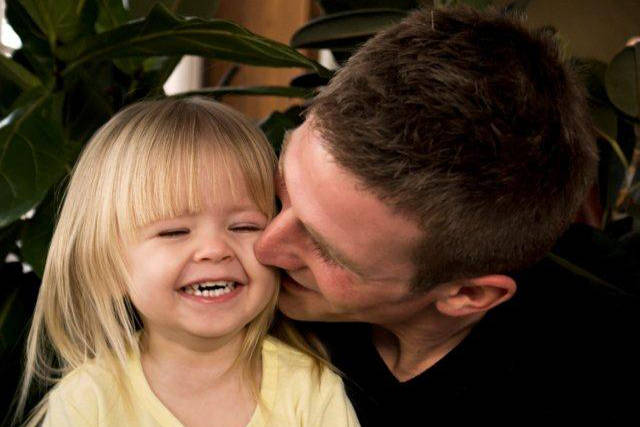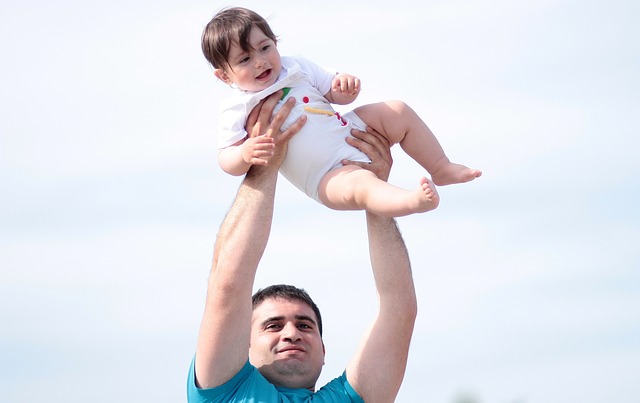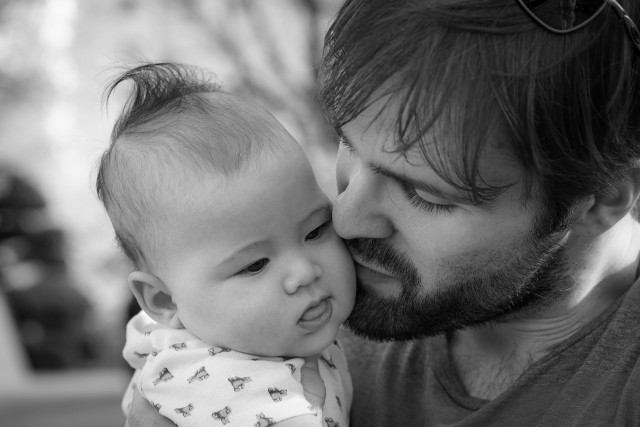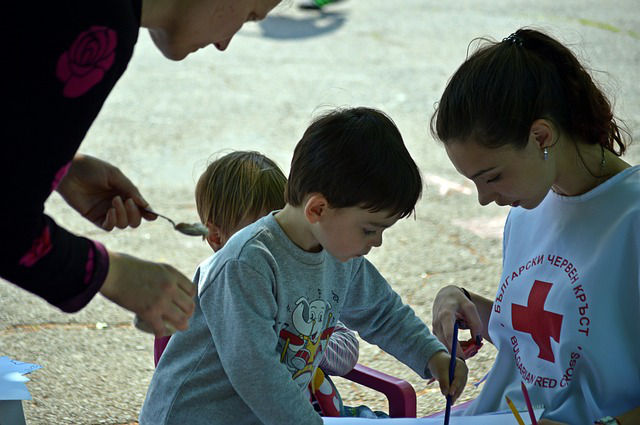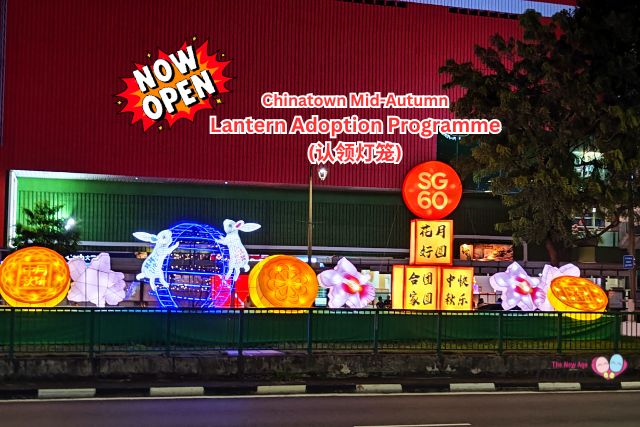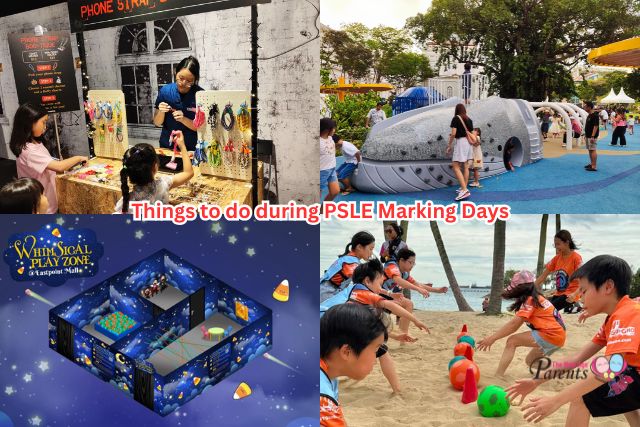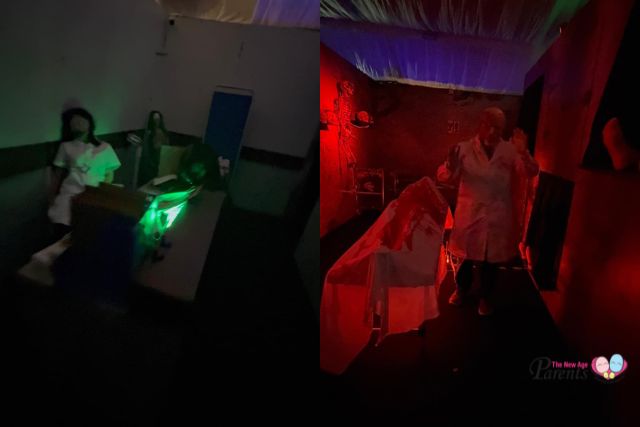This Father’s Day, we spoke to Matthias Koh, Director of Adroit Education Group, as he shares with us his role as a father. A degree holder in Computer Science from National University of Singapore, Matthias is also a former national basketball player who represented Singapore for about 6 years in SEA and ASIAN games.
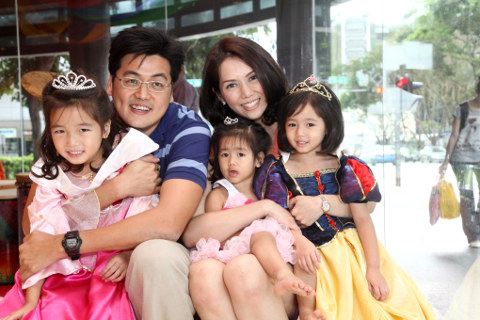
1. Hi Matthias, tell us more about yourself!
I am a father of 3 daughters aged 3, 5 and 7. I am the Director of Adroit Education Group that currently manages about 12 schools in Singapore and China. My wife Nicole works in her dad’s company in the marine industry. I have a great interest in Early Childhood Education and as a father and believe in a holistic education where Sports and Arts should play an integral part in the nurturing and development of a child.
2. The modern day father comes in various forms. Today’s father is no longer always the traditional married breadwinner and disciplinarian in the family. In your own words, what defines a modern father?
A modern father engages his children a lot better. In terms of their relationship, I think it has more depth. A modern father is more involved and takes an interest to share activities together. This new generation of fathers understands the importance of cultivating and nurturing a strong father-child relationship through common interests and aspirations.
3. Do you consider yourself a modern dad? How so?
I would say that I am a ‘blend’ of the ‘traditional’ and a ‘modern’ dad. I am rather conservative as I come from a more traditional family background where there is a strong emphasis on family values and traditional practices. Hence, I see the importance of having a mixture of both schools of thoughts. I think the ability to nurture a close relationship is equally important as placing an emphasis on values such as having a respect for the elders, filial piety etc. These are heavily emphasised in our family as we believe that it cements a strong and resilient family relationship.
4. In five words, describe your parenting style.
Love. Care. Dedication. Guidance. Trust.
5. How has fatherhood changed or impacted your life?
I understand that my life is no longer just about myself and my wants. I understand life better and value duty and responsibility even more.
6. Tell us more about your father. What was he like?
My father was a very tough and rugged person. But when he was taking care of us, he was very caring, extremely cautious and meticulous to a certain extent. For instance, he never fails to remind us to watch the traffic when crossing roads and continued to remind us even when we are adults. He was also a very filial son and I remember that he would always talk to my grandmother first when he comes back from work regardless of how tired he was. From these stellar examples, my siblings and I are shown and not just taught, important values such as filial piety.
7. Did your father’s upbringing influence the way you parent your children? How so?
Yes especially when it comes to imparting values as shared above. In addition, I also learnt a lot from my father-in-law. My father-in-law is someone who built a very successful business from scratch – a self-made successful entrepreneur. However, whenever he shares his experiences with me, he will always focus his conversations on the importance of a strong family and relationships. For instance, when we make decisions especially pertaining to our business, do we consider our own interests or do we also consider the interests of our family?
To him, happiness means having a happy and harmonious family so that our children grow up feeling secure and well-loved. It far outweighs all the riches that you may be able to generate. This message is very important to me and will always serve as my sense of balance.
8. What do you think is the biggest misconception most people have about Singaporean fathers?
I think many people feel that Singaporean fathers are too ambitious and absorbed with their own careers and wants. Instead, I think many Singaporean fathers are starting to understand the importance of being involved in parenting and are, in fact, willing to sacrifice their own interests for their families.
9. Complete this sentence. Fathers are….
There to provide a shoulder for our children to find refuge in. We usually watch from a distance but will risk everything for their families.
This article was first published in The New Age Parents Jun / Jul 2013 e-magazine
If you find this article useful, do click Like and Share at the bottom of the post, thank you.
Like what you see here? Get parenting tips and stories straight to your inbox! Join our mailing list here.




